![[Metroactive Features]](/features/gifs/feat468.gif)
[ Features Index | Silicon Valley | Metroactive Home | Archives ]
Biter: The little-known habits of easy chairs
By Traci Vogel
FOR DECADES, the migratory habits of the North American Chairus easius have been shrouded in mystery. Why do single members of the species appear on street corners in greater numbers during the springtime? Why do so many of them grow coats in neutral colors like brown, and what do the strange spots on mature specimens signify? Finally, once they emerge from their infant nesting grounds, where do these creatures go?
Thanks to a propitious grant from UC-Berkeley, a theory is beginning to emerge. The controversial results of this study have just been published, and the implications are reverberating across the scientific community.
Beginning in 1999, a small enclave of easy chairs was captured and tagged for this study, and the creatures' movements were tracked with the help of satellite photography. Employing sophisticated statistical analysis, the following migratory behaviors, determined to be those most common to the larger group, have been graphed. The study group included several examples of the most wide-ranging of easy chairs, commonly known as the light brown La-Z-Boy (C. easius), as well as two other species, classed as C. iIkeaus and C. wingbackus.
Here, a robust specimen of C. iIkeaus is caught leaving what is thought to be its nesting ground. This rare photograph show us that the animals are born with the characteristic plump cushioning once thought to be a product of diet.
A member of C. easius consorts with others of its kind, perhaps engaged in a mating ritual or other act of social ordering. The animal will remain in this habitat until some signal or instinct, little understood by scientists, compels it to move on to its next stage of existence.
Although the meaning of the markings caught on film here are not fully understood, they appear to indicate that the specimen is entering the next stage of maturity. After this, individual animals are sometimes tracked inexplicably leaving the birth group altogether, while other times they will be accepted into another group, albeit at a lower social status.
Here, an older rogue C. wingbackus is shown exhibiting marked aggressive behavior, at a stage when it is no longer sexually viable and has fallen from its previous alpha status.
Cut off from others of its kind, C. wingbackus embarks on the final phase of its life cycle. (Note the characteristic mature spotted coat.) This particular specimen covered a distance of 7.3 kilometers during the study period--evidence that the spindly appearance of the animals' legs can be deceiving.
Life--and death--can be difficult for the North American C. lazius, but the cycle will begin again next season, as the suburbs renew their furnishings.
Be-Knighted
SAN JOSE--At a press conference held late last night, officials at Knight Ridder, the publishing conglomerate of more than 40 daily newspapers, admitted their 20-year attempt to capitalize on a subconscious association with the '80s-era television show Knight Rider had been a complete and utter failure.
"I don't understand why the association didn't do more for us," admitted Steve Smith, Knight Ridder spokesperson. "I thought everyone really liked that show. David Hasselhoff, he's a cool guy, right? Right? Am I right?"
Knight Ridder officials say the idea to name themselves after the television show surfaced two decades ago, when some "younger" members of the board expressed concern that a giant newspaper conglomerate might, over the course of its career, face some bad PR, and that association with a noncontroversial television show might help smooth things over.
"We considered naming ourselves 'The Aaaay Team,' and 'Silver Spünz,' but neither had quite the right ring," Smith said. "Then we made the Knight Ridder/Knight Rider connection, and the rest is history."
Smith also took the press conference as an opportunity to address persistent rumors that Knight Ridder is associated with John Ritter, of Three's Company fame.
"That has never been true," Smith asserted. He declined to elaborate.
TV Makeover
The Ex-Files
Has it really been only nine years since Fox Mulder and Dana Scully wanted to believe? Creator Chris Carter has promised that come May 19 all the loose plot strings on The X-Files will be untangled, but for fans who can't wait, Makeover has the inside track on what will really happen to the two intrepid FBI agents.
Mulder Inhales
Only H.G. Wells himself could have predicted this: Fox Mulder and the Cigarette-Smoking Man are one and the same. Turns out that with the help of the rebel aliens and a snootful of black oil, the plucky agent traveled back in time to father himself. He now spends his days working on a class-action suit against Big Tobacco.
The XXX-Files
Drummed out of the FBI and blacklisted for government work, Scully is reduced to toiling as an ecdysiast at the Area 51 Strip Club in downtown Roswell's red-light district. The bad news: Her trench coat collection is worthless. The good news: The Tips Are Out There.
Scully's Baby
The truth is more horrible than we even imagined. Scully's child is not an alien hybrid but ... Baby Bob! The obnoxious, wisecracking infant won't pipe down, and Dana is forced to put him up for adoption. The rest is ratings history.
I Saw You: Retro Outsider
I barely recognized you when I saw you downtown in your denim leisure suit and jungle shoes. Such a snappy dresser, you. Mr. Furley stud muffin stuck in the swingin' '70s with your prickly mustache, tinted glasses and tired lines. You were epic! But nobody understood the genius in your four hundred and twenty (4/20) haikus, and they tried to shut you down. Those idiots. You rule! I've got a haiku for you, you damn hippie hater: "Master of disguise / brilliant bumbling drooling fool / where's that video?"
[ Silicon Valley | Metroactive Home | Archives ]
Copyright © Metro Publishing Inc. Metroactive is affiliated with the Boulevards Network.
For more information about the San Jose/Silicon Valley area, visit sanjose.com.
![]()
All That

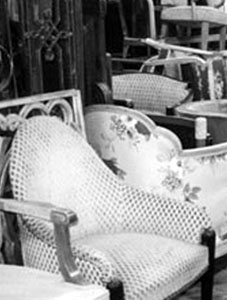

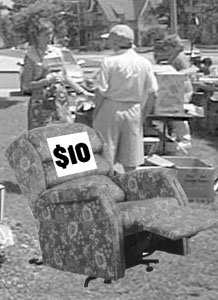

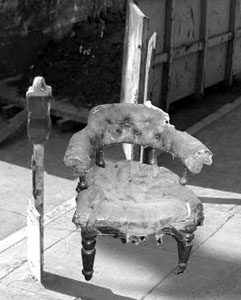
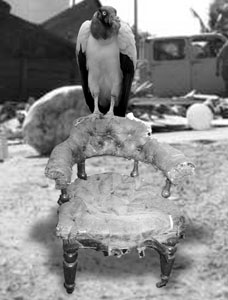
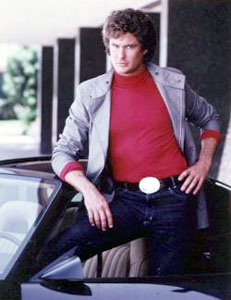


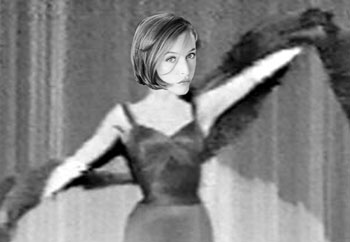
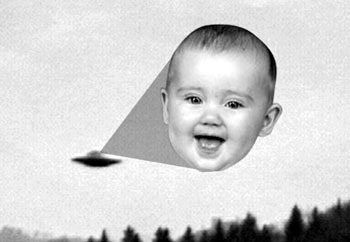
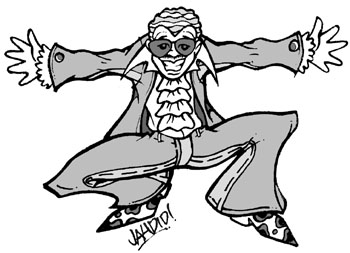
Illustration by Jumma Jahdid
Send us your anonymous rants, love notes, or diatribes about your co-workers, bosses, enemies, secret crushes, or any badly behaving citizen who gets your dander up. Send to: I Saw You, Metro, 550 South First, San Jose, 95113, or
.
Send a letter to the editor about this story
.
From the May 16-22, 2002 issue of Metro, Silicon Valley's Weekly Newspaper.